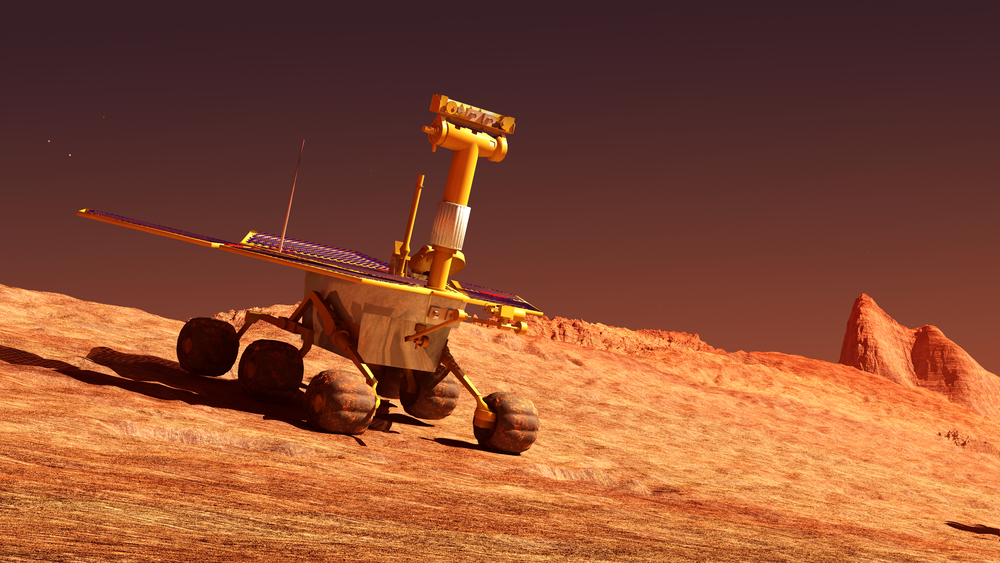Canada News
Montreal to host International Space University’s space studies program
MONTREAL — These summer classes are unlike any other: they’re out of this world.
For nine weeks an international space-themed university will be offering a wide array of sessions in Montreal, including a robotics competition and an all-female astronauts’ panel.
The International Space University, founded in 1987 at the Massachusetts Institute of Technology, will gather 80 space experts and another 115 student-participants from about 30 countries.
At least 15 Canadians have signed up for the sessions, which run from June 9 to Aug. 8.
The university’s alumni boast impressive credentials and include astronauts, academic researchers as well as key players in major international space companies.
“The idea behind it was to effectively broaden people’s knowledge of the global space community,” David Kendall, director of this summer’s program, said in an interview.
“Everybody comes in with a certain background and leaves, hopefully, with the understanding of the full spectrum of activities that are happening in space — everything from space art to rocket science and everything in between”
Kendall said the idea is to develop future space leaders.
The ISU’s philosophy is to provide an education that is interdisciplinary, international and intercultural, said Kendall, who works at the Canadian Space Agency.
“Because space is global, many people underestimate the differences in culture when you’re trying to negotiate, deal with, participate with and co-operate with people from a different culture,” he said.
“You need to work in a different way.”
Participants will be coming from as far off as China, which will send 26 students to this year’s space studies.
One former student is Wu Yanshuing, the new head of the China Aerospace Science and Technology Corporation. The state-owned enterprise builds the rockets that blast Chinese astronauts into space.
Kendall said the program costs students $20,000, although scholarships are available.
“Most of the participants are sponsored in some way (and) very few cough up $20,000,” he said, adding the fee includes residence, food and course materials.
Bob Richards, one of the university’s three co-founders, pointed out that the institution has a big vision — “and the vision is peace through space.”
“It’s to bring together brilliant young people from around the world who have a passion about space exploration, get them to meet each other and really form the bonds of what become lifelong friendships,” he told The Canadian Press in a phone interview from Mountain View, Ca.
The institution was started in the aftermath of the Cold War and Richards said it was criticized and ridiculed for thinking it would be able to attract students from what was then the Soviet Union.
“We did get those students and… really part of our vision was to help the world get beyond that Cold War sort of mentality,” he added.
Richards admits he’s concerned about current U.S.-Russian tension over eastern Ukraine.
Except for co-operation related to the International Space Station, NASA has severed ties with Russia, while its employees are prohibited from travelling there.
“Today, we’re seeing some of that geopolitical drama unfolding again where space is being used almost as a weapon of leverage for geopolitical advantage rather than a forum for co-operation and peace,” he said.
Richards noted that the ISU’s graduates occupy key positions and can help promote space as a tool for peace.
“I think our graduates have a big role to play in space as diplomats of the future,” he said.
Christian Sallaberger, chairman of the university’s board of trustees, said a typical student is about 30. They are selected based on academic achievements, a commitment to space, leadership potential and their international outlook.
“I think ISU has played a very key role in how space has evolved — even how the world has evolved,” he added in an interview.
“It’s a very interesting neutral ground where the world’s community comes together and I think it does a lot of good from that perspective.”
Sallaberger, a former vice-president at Canadarm-maker MDA, recently started his own company, Canadensys Aerospace Corporation.
Today, the ISU has more than 3,700 graduates, including at least 350 from Canada.
Canada has twice hosted the space studies program: 1990 in Toronto and 2005 in Vancouver.






















